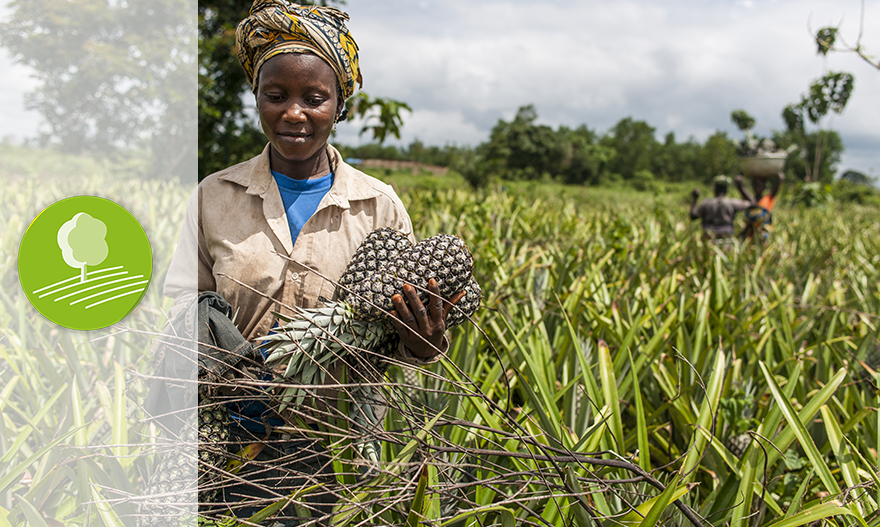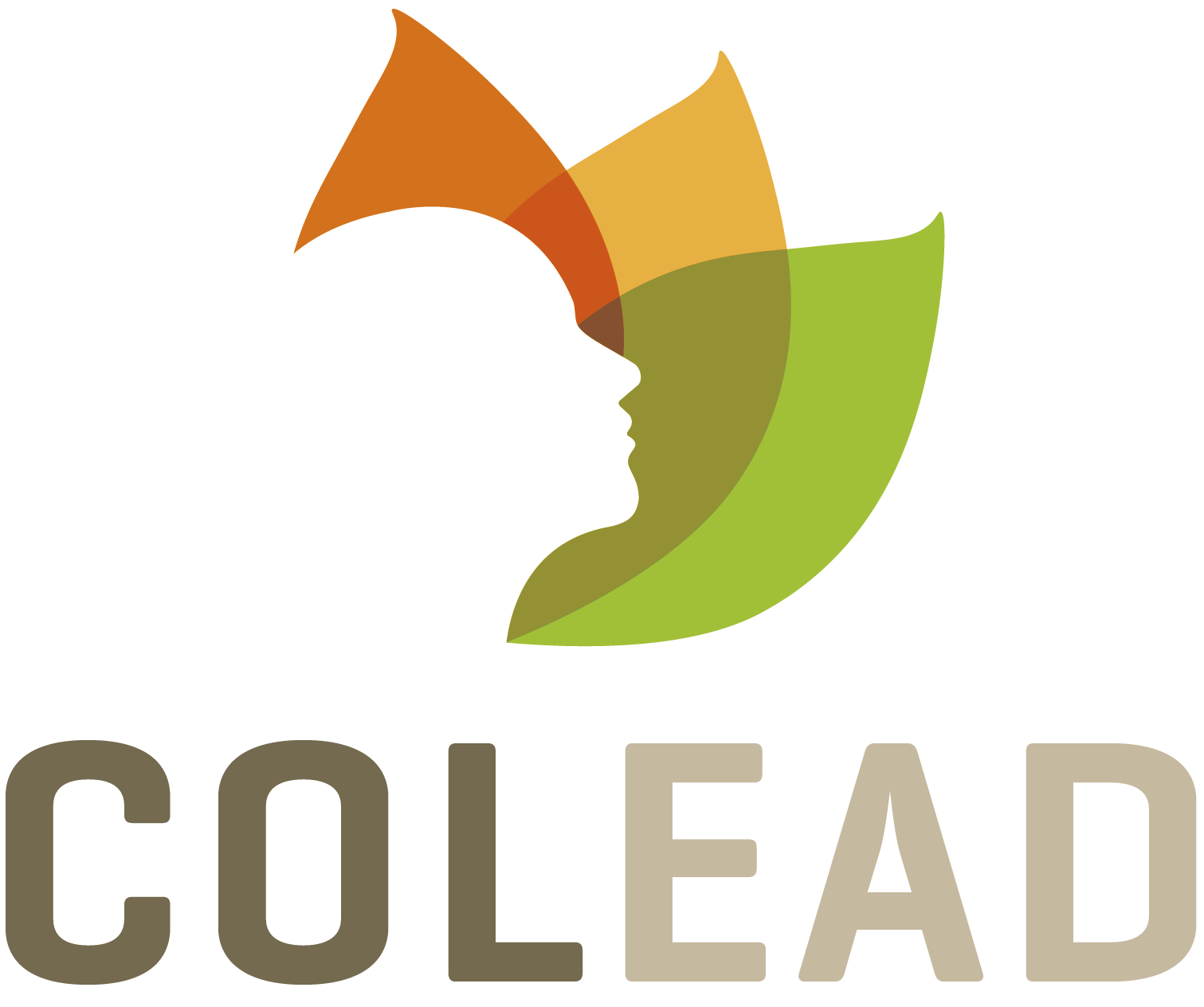
Sustainable farming and integrated crop management (Intermediate level)
Estimated duration : 7h30
Producing in a sustainable and responsible manner is now the challenge for producers. The negative impact of certain intensive practices observed today shows that for the techniques currently in use in agriculture, the capacity of the scientific world to properly identify all of their impacts on the surroundings and the capacity of the agricultural world to manage their effects on the environment have been exceeded.
This course will be dedicated to the concept of Integrated Crop Management, which promotes better management of agro-ecosystems with a view to reducing pollution originating from agricultural activities. We will learn that such an optimisation requires the producer to acquire a set of data on his holding, particularly through risk analysis, and to reflect on/work with the information gathered.
The environment is a major subject of concern. Over the years, protection of the environment and the concept of sustainable development have become compelling concerns for quality standards that have transformed into requirements. We will analyze the place that such concepts have assumed in standards such as GLOBAL-GAP, TESCO Nature’s choice, and Fair Trade Labelling Organization. We will learn that, for operators applying for certification, the implementation of these requirements entails the establishment of a quality management system based on various parameters (application of Good Practices, integrated biodiversity management, etc.).

Sustainable farming and integrated crop management (Advanced level)
Estimated duration : 9h30
In order to produce in a sustainable and responsible manner, producers must implement a certain number of measures. The principal measures that will be developed in this course relate to the protection and conservation of soil and water. We will learn that a decline in soil fertility or water contamination can have repercussions on the economy and socio-economic conditions, not only for present populations, but also and most importantly for future generations.
The management of organic waste, the use of substrates, and maintaining the organic matter in soils represent other challenges that are also of paramount importance to the producer. Improper treatment of organic waste can lead to a deficiency of organic matter in the soil, pose risks to health, and harm the environment.
We will conclude this course by addressing the concept of biodiversity. What is it? What are the benefits thereof? What are the threats to it? The trainee will learn that biodiversity constitutes our 'green assets'. It ensures the proper functioning and balance of our planet. Maintaining it is therefore crucial to our survival.

